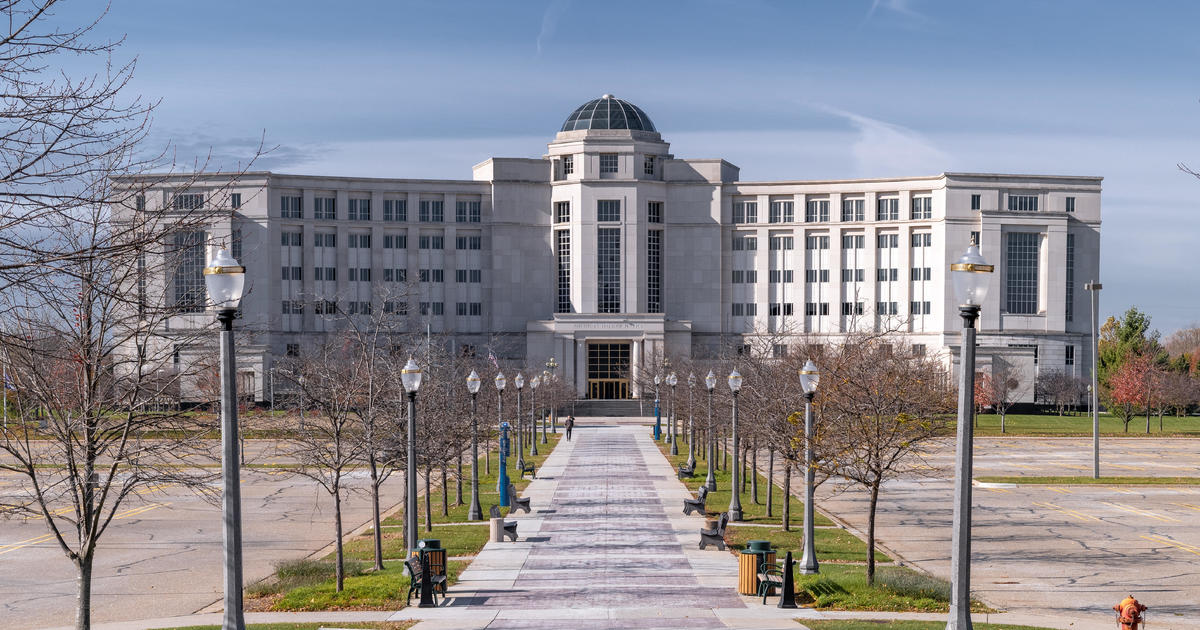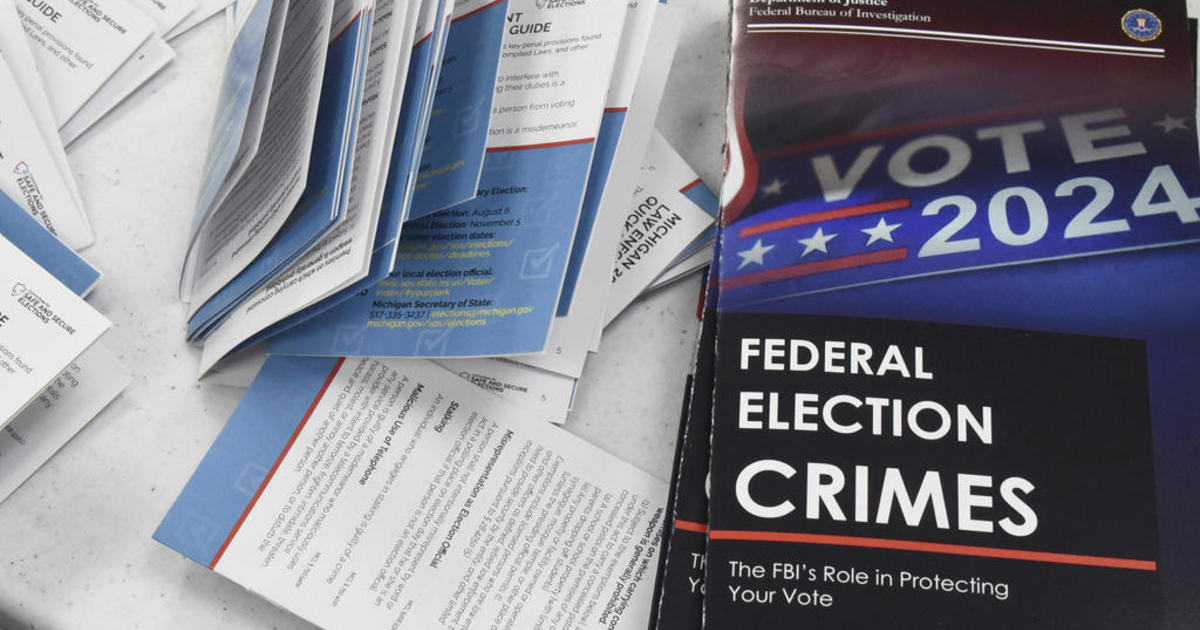Michigan And Cities Across The Country Pledge Climate Change Action Even Without Trump
(AP) If President Donald Trump withdraws support for the Paris climate change accord, will efforts in the U.S. to fight global warming dry up?
Hardly. Dozens of states and many cities have policies intended to reduce emissions of greenhouses gases and deal with the effects of rising temperatures. And plans for more are in the works. In left-leaning locales, it's good politics. Even in red states where resistance is strong to the idea that humans are causing the planet to heat up, flood prevention and renewable energy are considered smart business.
Yet much remains uncertain about how a dramatic shift in federal policy would affect state and local initiatives — particularly if Congress slashes funding for them, as Trump wants.
A look at what states and cities are doing about climate change and their potential to fill in if the Trump administration drops out:
___
STATES STEP UP
Even as more than two dozen states filed lawsuits that hamstrung the Obama administration's Clean Power Plan, which sought to limit carbon dioxide emissions from power plants, many states have made considerable progress toward hitting its targets. Forty states are on track to meet their 2030 goals under the plan, according to the Environmental Protection Agency. Thirty-five already comply with interim requirements for 2022, in part because utilities decided to close coal-fired plants and switch to natural gas.
Twenty-nine states and Washington, D.C., require electric utilities to produce specified amounts of electricity from renewable or alternative sources such as wind, solar and geothermal power, according to the nonprofit Center for Climate and Energy Solutions. California and New York have ordered their utilities to deliver half their electricity from renewables by 2030.
Maryland's Legislature in February overrode the governor's veto and boosted its standard to 25 percent by 2020. Michigan, which supported Trump in the November election and has a Republican governor and legislative majority, last month boosted its standard from 10 percent to 15 percent by 2021.
Most states also have "climate action plans" packed with ideas on topics as diverse as land use, transportation and land management. California is encouraging ownership of electric cars with tax breaks and access to high-speed lanes.
Massachusetts Gov. Charlie Baker awarded more than $1.8 million in grants to 19 communities for climate-related projects. But such expenditures fall well short of the billions that the federal government has provided.
___
CITIES FOCUS ON ADAPTING
Many cities are big enough to make a difference with emissions limits. Mayor Rahm Emanuel announced in April that all of Chicago's public buildings would be powered entirely with renewable energy by 2025. Others are stepping up use of public transit.
Other cities acknowledge the climate is already warming and are preparing to deal with the effects, particularly flooding and powerful storms. In conservative areas where climate change is a toxic subject, officials often describe their efforts with terms such as "resilience" and "adaptation." They are constructing break waters, improving sewage treatment systems to avoid overflows and encouraging use of rain gardens and other "green infrastructure."
Charleston, South Carolina, is recommending that all planned construction assume a sea level rise of 1.5 to 2.5 feet over the next 50 years.
Florida is especially vulnerable to sea level rise, yet the state has taken little action. Cities have tried to fill the void. Under a regional compact, Miami and surrounding areas have worked to gird homes, roads and infrastructure against flooding.
Even Tulsa, Oklahoma, home of Sen. James Inhofe, who calls global warming a hoax, has moved over 12,000 homes and businesses from a floodplain.
___
IS IT ENOUGH?
States and cities whose leaders favor strong action on climate change say they'll defy Trump and push forward. California, which has 39 million residents and one of the world's largest economies, has shown an ability to influence environmental policy elsewhere, as with its tough auto tailpipe emission standards.
Gov. Jerry Brown told The Associated Press his state would continue reducing its pollution that warms the planet while using its alliances with China, Mexico and other countries to encourage international action.
"Mr. Trump is not only up against California, he's up against the rest of the world, not to mention science itself," Brown said. "And it's very obvious who's going to win."
Yet others say despite their good intentions, states and cities are no match for natural forces such as rising sea levels and damage to fish populations from warming oceans.
And with the federal administration not only rejecting the global accord but openly skeptical of the need for action at home, some worry that state and local officials may lose heart.
"This moment is a test of whether the states will remain engaged when there's no federal pressure or international agreement to move them," said Barry Rabe, professor of public policy at the University of Michigan.
___
*Copyright, Associated Press
Contributing to this story were AP reporters Jason Dearen in Gainesville, Florida; Ellen Knickmeyer in San Francisco; Jonathan J. Cooper in Sacramento, California; Tammy Webber in Chicago; and Patrick Whittle in Portland, Maine.



